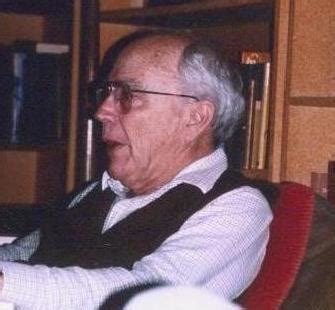A Quote by Ludwig Feuerbach
I have always taken as the standard of the mode of teaching and writing, not the abstract, particular, professional philosopher, but universal man, that I have regarded man as the criterion of truth, and not this or that founder of a system, and have from the first placed the highest excellence of the philosopher in this, that he abstains, both as a man and as an author, from the ostentation of philosophy, i. e., that he is a philosopher only in reality, not formally, that he is a quiet philosopher, not a loud and still less a brawling one.
Related Quotes
I decided to do philosophy at university, with a view to becoming a professional philosopher. Being a rather unstable character, at some points I had doubts about becoming a professional philosopher, but the example of two of my teachers, Ezequiel de Olaso and Juan Rodriguez Larreta, made me confirm my original decision.






































